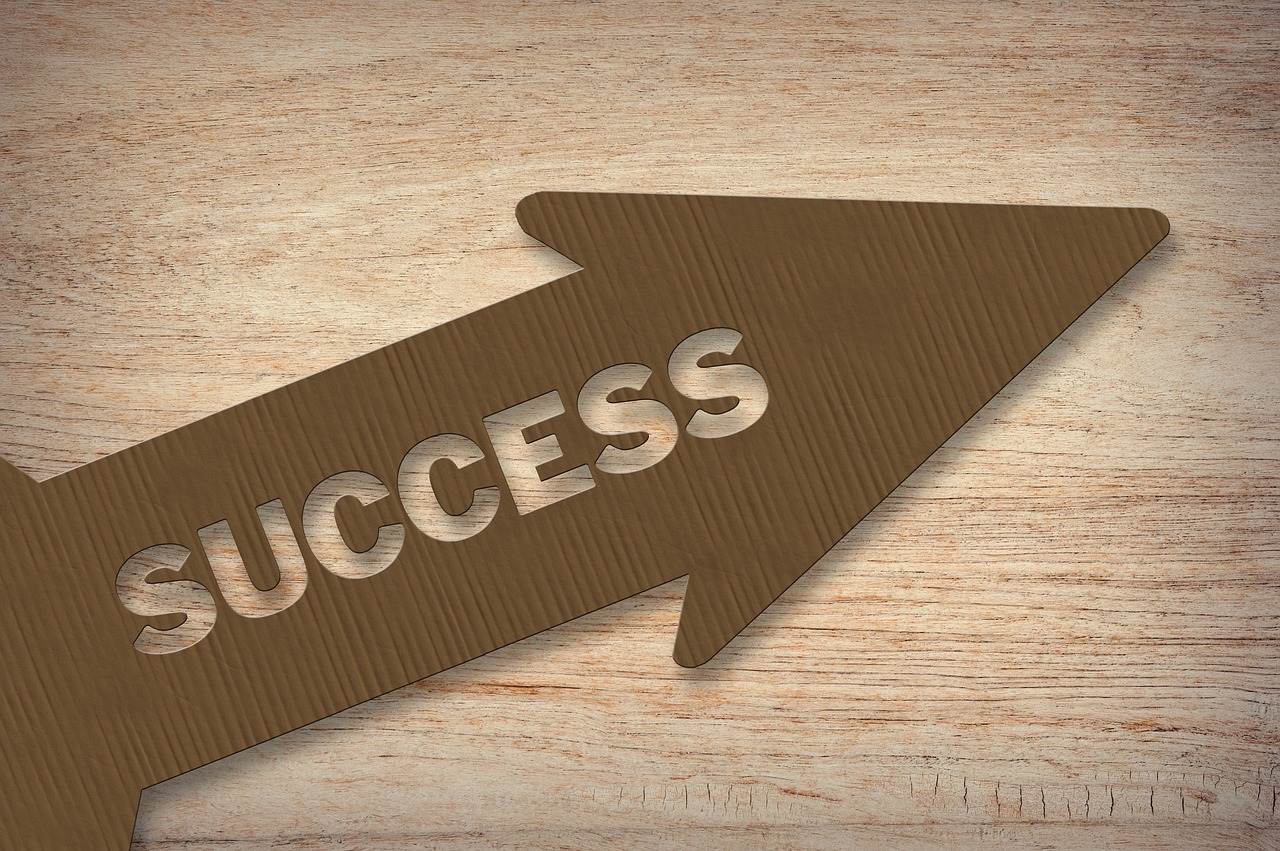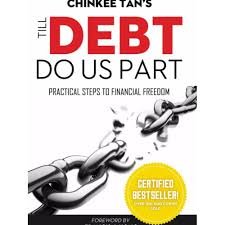
For those who are not financial bankers, stockbrokers, professional investors, or the like, it can be difficult to decide what investments to make. Though all investors — professional or not — should take the time to self educate, conflicting advice from the experts can make it difficult to make a decision. Consider the following quotes from some well-known professionals:
Warren Buffet
"Gold gets dug out of the ground in Africa, or someplace. Then we melt it down, dig another hole, bury it again and pay people to stand around guarding it. It has no utility. Anyone watching from Mars would be scratching their head."
Peter Schiff
"Gold is not overvalued at $500, and gold will not be overvalued at $1,500 or $2,000. The real money is buying gold and putting it away."
Charlie Munger
“I never considered for one second having anything to do with [bitcoin]. I detested it the minute it had been raised. The more popular it got, the more I hated it.”
Ronnie Moas
"The end-game on bitcoin is that it will hit $300,000 to $400,000 in my opinion, and it will be the most valuable currency in the world."
Robert Kiyosaki
"Savers are losers."
Dave Ramsey
"Saving must become a priority, not just a thought."
To be fair, the above gurus look at investing through the goggles of different professionals. At the same time, the quotes are cut from longer dialogues and can easily be taken out of context. The point being made is that the plethora of available information often conflicts with each other. Nonetheless, an amateur investor must discern all the available information and make a decision of where to put their money. Self education takes time, but it is essential. Benjamin Franklin said, “An investment in knowledge always pays the best interest.”
In conclusion, for financial success, it is imperative to continuously learn about investing from varying perspectives, then critically decide which approach is best. While Dave Ramsey might suggest you cut up your credit card and Robert Kiyosaki might suggest you own numerous credit cards and stack up on — good — debt, it is up to the individual to understand the lesson being taught and make a decision. Not all decisions will be correct; however, mistakes will become lessons learned.
Below are some great resources on money and investing:
• The Intelligent Investor by Benjamin Graham
• The Essays of Warren Buffet by Warren Buffet
• Rich Dad, Poor Dad by Robert Kiyosaki
• The Total Money Makeover by Dave Ramsey
• The Richest Man in Babylon by George Samuel Clason
• Money: Master the Game by Tony Robbins
• Think and Grow Rich by Napoleon Hill
• "Shelling Out: The Origins of Money" by Nick Szabo View article
• "How The Economic Machine Works" by Ray Dalio View video
What books, articles, podcasts, or videos do you suggest? Please write them in the comments below.
"Savers are losers." by robert kiyosaki, well I agree with him a little why? Because we couldn't deny the fact that there's inflation. The value of your money will be depleted. It's good to save for some purpose or some unevitable events but we should consider also on how to have a money machine or how can we double up our money in spand of time. I would recommend " Ti ll debt do us part by Chinkee Tan" .
ll debt do us part by Chinkee Tan" .
Downvoting a post can decrease pending rewards and make it less visible. Common reasons:
Submit
Thanks for the book suggestion. I actually follow Dave Ramsey and Robert Kiyosaki. I started with Ramsey. Basically, I live within my means and stay away from debt. However, Kiyosaki believes in "good" debt in order to leverage. So, I now take out loans in order to invest in real estate. I have benefitted by learning from them both and adapting to my own situation.
Downvoting a post can decrease pending rewards and make it less visible. Common reasons:
Submit